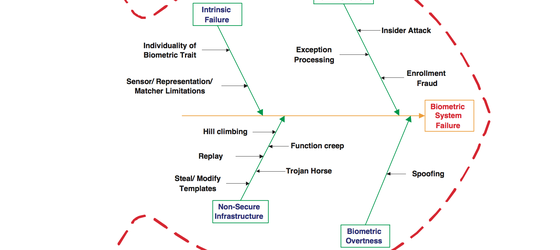Roundtable of African Data Protection Authorities (RADPA): Report now public
The first Roundtable of African Data Protection Authorities was a wide-ranging and vibrant roundtable conversation on the status and response to privacy risks in identity systems on the continent of Africa. The dialogue focused on data protection and privacy experiences, challenges, risks, and solutions in identity ecosystems, including biometrics. It was an extraordinary, first-of-its-kind event, and the DPAs had notable experiences and thoughts to share. These thoughts are captured in the Rapporteur’s report, which was written by WPF’s Pam Dixon.




